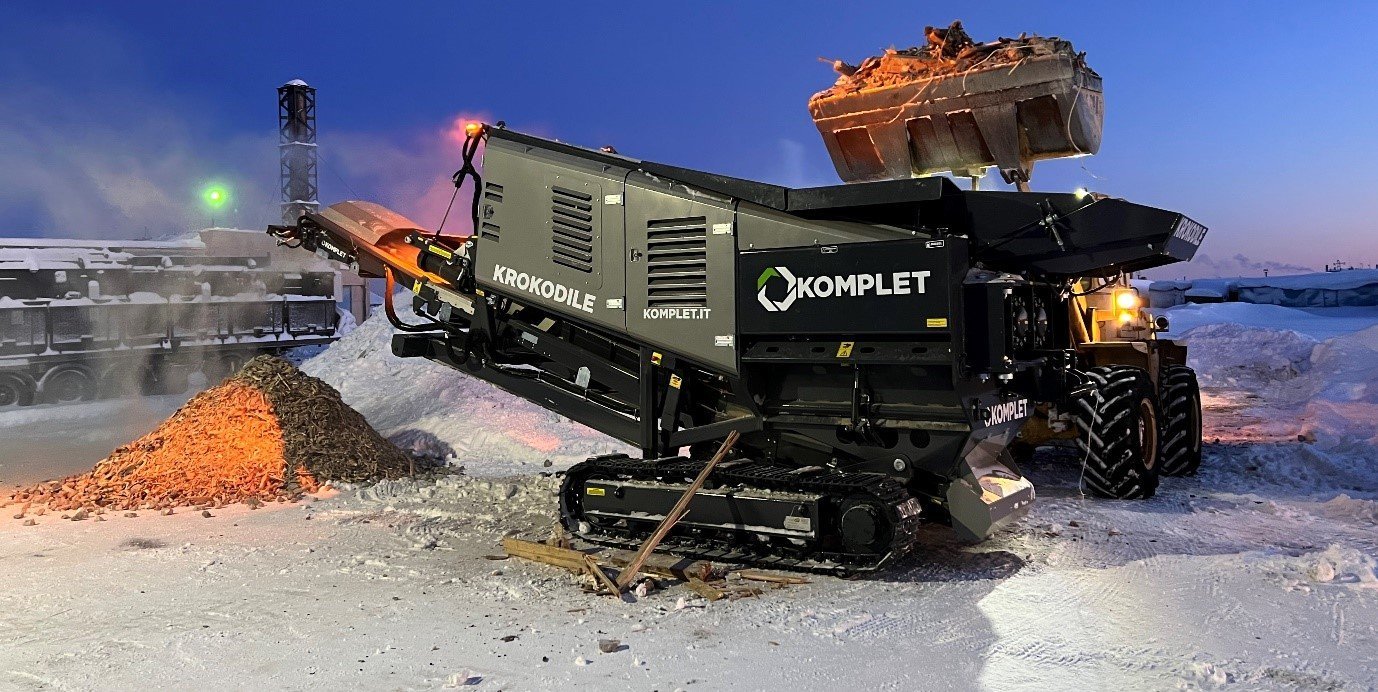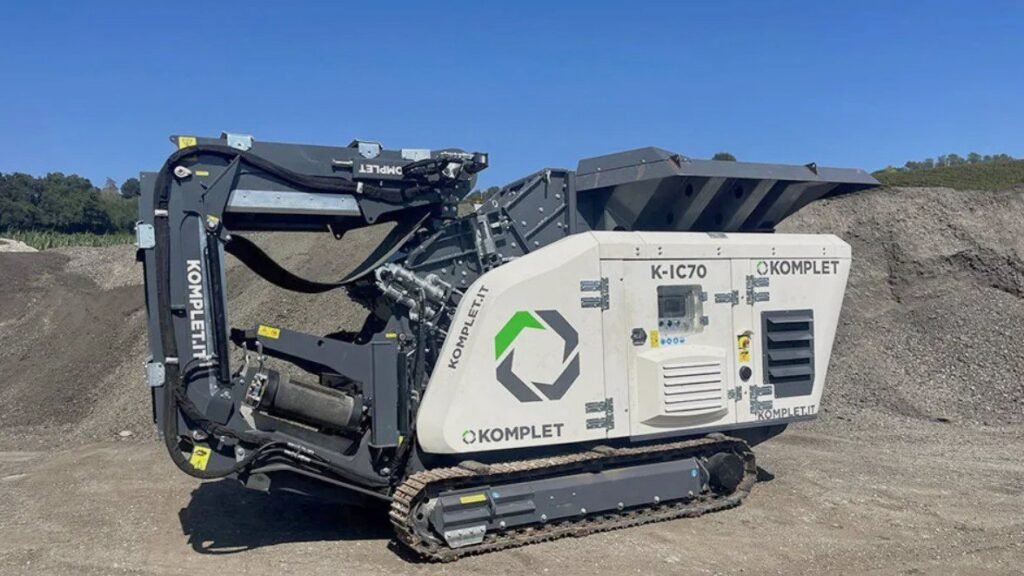
Revolutionizing the Demolition Industry: Innovative Uses of Crushers and Shredders
The demolition industry has long been associated with waste and environmental concerns. However, the advent of advanced machinery like crushers and shredders has brought about a revolution, turning what was once mere debris into valuable resources.
These machines are not just tools for breaking down materials; they are key players in sustainable practices, helping to recycle old building materials and significantly reduce landfill waste.
In this blog post, we explore the innovative applications of crushers and shredders in the demolition industry and their impact on the environment.
The Challenge of Construction Waste
Construction and demolition (C&D) waste is a significant contributor to landfill overcrowding. In Australia, it’s estimated that C&D waste accounts for more than 40% of the total waste generated.
This includes a vast array of materials such as concrete, bricks, wood, and metal. Traditionally, these materials would be disposed of in landfills, contributing to environmental degradation and the loss of potentially reusable resources.
Crushers and Shredders: The Game Changers
Enter crushers and shredders—machines designed to break down large pieces of material into smaller, more manageable sizes. Their primary role in the demolition industry is to facilitate the recycling process, making it easier to repurpose materials. Here’s how they are making a difference:
Concrete Recycling:
One of the most common uses of crushers in the demolition industry is for concrete recycling. Concrete crushers pulverize large chunks of concrete into smaller, reusable pieces.
This recycled concrete aggregate (RCA) can then be used as a base material for new construction projects, reducing the need for virgin materials and lowering overall construction costs.
Wood and Timber Recycling:
Shredders are particularly effective for recycling wood and timber from demolished structures.
They can reduce large wooden beams and boards into smaller wood chips or sawdust, which can be used in various applications such as mulch, biofuel, or in the manufacture of composite wood products.

Metal Recovery:
Demolition sites often contain valuable metals like steel, copper, and aluminum. Shredders can process these materials, separating metal from other debris, which can then be sent to recycling facilities.
This not only helps in conserving natural resources but also adds economic value by recovering and selling the metal.
Brick and Asphalt Recycling:
Crushers can also be used to process bricks and asphalt. Recycled bricks can be used in landscaping or as aggregate for new construction, while reclaimed asphalt can be reused in road construction.
This recycling process reduces the need for mining new raw materials and conserves energy.
Environmental and Economic Benefits Of Crushers And Shredders
The use of crushers and shredders in the demolition industry offers significant environmental benefits. By recycling old building materials, these machines help reduce the volume of waste sent to landfills, thus mitigating the associated environmental impact.
This practice also conserves natural resources, as recycled materials can replace the need for new raw materials in many applications.
From an economic perspective, recycling materials using crushers and shredders can lead to substantial cost savings. Companies can reduce disposal fees and lower the cost of purchasing new materials.
Additionally, the sale of recovered materials like metal can generate additional revenue streams, making demolition projects more financially viable.
Future Trends and Innovations
The role of crushers and shredders in the demolition industry is set to expand with ongoing technological advancements.
Innovations such as mobile crushers and shredders offer increased flexibility, allowing these machines to be deployed directly on demolition sites, and reducing the need for transportation and associated emissions.
Additionally, advancements in automation and AI are improving the efficiency and safety of these machines, further enhancing their value in sustainable demolition practices.
Conclusion
Crushers and shredders have indeed revolutionized the demolition industry, transforming how we deal with construction waste.
By facilitating the recycling of old building materials and reducing landfill waste, these machines play a crucial role in promoting sustainability. As technology continues to advance, the capabilities of these machines will only grow, offering even more innovative solutions to environmental challenges.
The demolition industry, once seen as a major contributor to waste, is now on a path towards a more sustainable and resource-efficient future.
